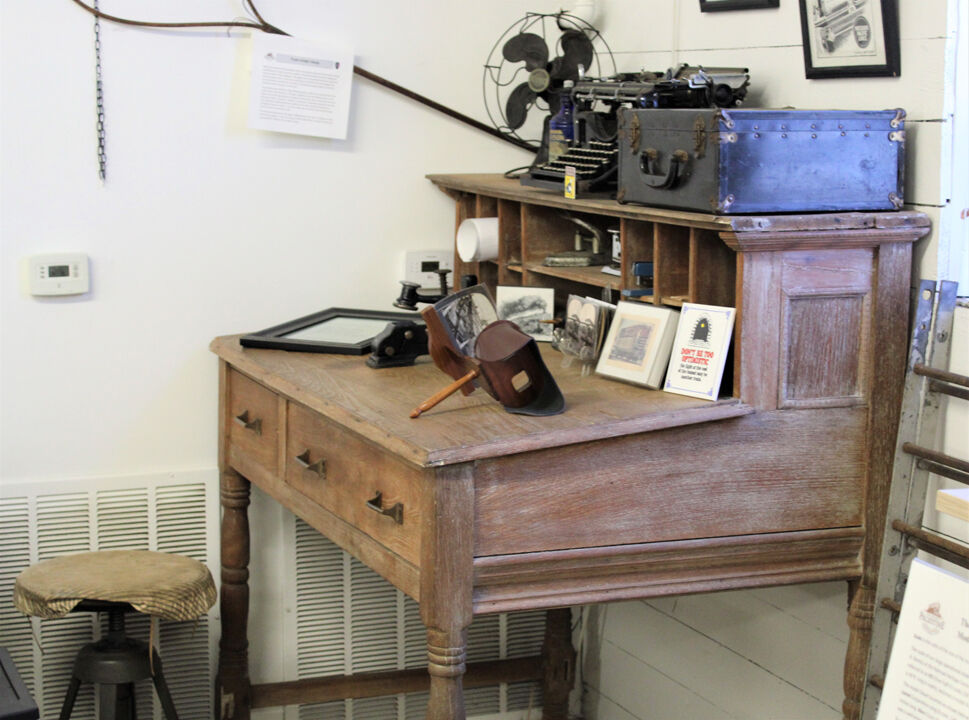


The mundane tasks of life and comic gold often merged into one for them. They had come to Lee’s Market on First Avenue and 78th Street, maybe for some snacks, maybe for material. Seinfeld needed David’s help with what could be the biggest opportunity of his career so far, and this turned out to be the perfect place to discuss it. Jerry Seinfeld ventured into a Korean deli one night in November 1988 with fellow comic Larry David after both had performed, as usual, at the Catch a Rising Star comedy club on the upper east side of New York City. Seinfeld ’s ninth season would be its last. Another season of 22 episodes could net Seinfeld $110 million. Welch wrote something on a slip of paper and handed it to Seinfeld: $5 million per show, up from the $1 million he was currently making. ‘We’re making money here!’ But the show had its own rules, so I felt like I had to play by them.”Īs Seinfeld continued to demur about doing another season, Welch said, “Jerry, come here,” and took the comedian off to the side for a private conversation. Seinfeld wished it were a “regular show,” he later said, “like a grocery store. Seinfeld noted that there was only one way to find out where the show’s true peak was - by hitting the downturn, something that didn’t interest him. “People only want to know about one thing - Jerry Seinfeld and his show.”īut as it turned out, the sales pitch wasn’t enough. “You know, Jerry, I go all over the world,” Welch said. The NBC guys felt like they’d nailed this. Seinfeld, Welch insisted, hadn’t reached its peak. Then it came: The GE–NBC guys started talking Seinfeld research, complete with charts. West was in heaven, talking to his business hero, Welch, about everything but Seinfeld. Three waiters attended to them as they overlooked Central Park on a sunny, clear, early-winter day.

Across the table sat Seinfeld and Shapiro. Wright sat at the head of the table, with Welch and West flanking him. When the day came, they all gathered in Wright’s apartment on the 38th floor of Trump Tower in New York City. For two weeks beforehand, they negotiated everything, down to what Seinfeld would like to eat - oatmeal? French toast? The show had become the ‘90s equivalent of I Love Lucy or The Honeymooners, All in the Family or The Cosby Show.Īnd though The Honeymooners remained the gold standard for Seinfeld - he wasn’t sure yet whether his show would hold up for decades the way The Honeymooners did - there was way more money at stake when it came to Seinfeld.īob Wright, the president of the network, called to say that he and Jack Welch, the chairman and chief executive of NBC’s parent company, General Electric, would like to have brunch with Seinfeld and his managers, Howard West and George Shapiro. The show had helped NBC reach $1 billion in profits the previous year, with $200 million of that from Seinfeld. And he was there: Seinfeld had helped make its network, NBC, number one for three years running.
#STILL THE MASTER OF MY DOMAIN TV#
In the real world, where millions of dollars meant something, he was also the linchpin in the most profitable network lineup in TV history. He was not just the figurehead of that product of his and Larry David’s imagination, Seinfeldia. He wanted to stop making the biggest comedy of the ‘90s, which was within his rights, though it wouldn’t be easy. By December 1997, after more than eight years starring in and running Seinfeld, Jerry Seinfeld was spent.


 0 kommentar(er)
0 kommentar(er)
